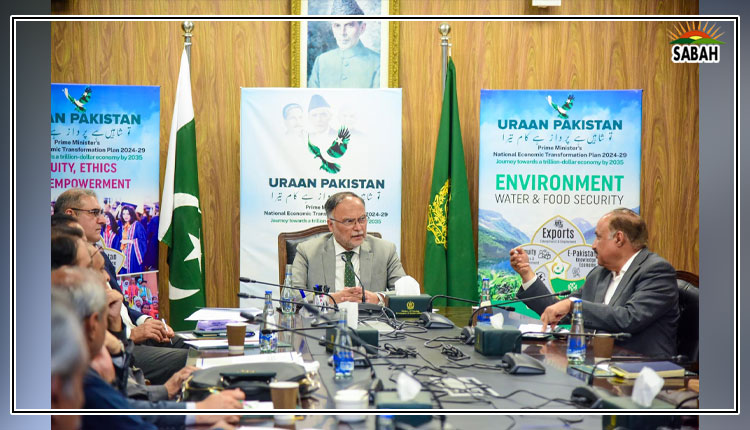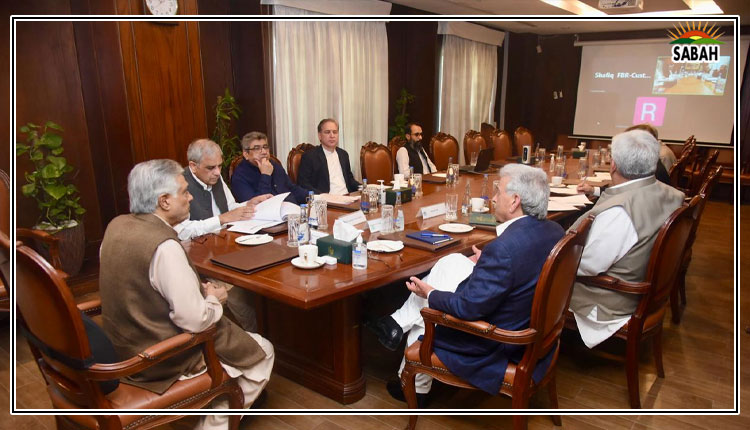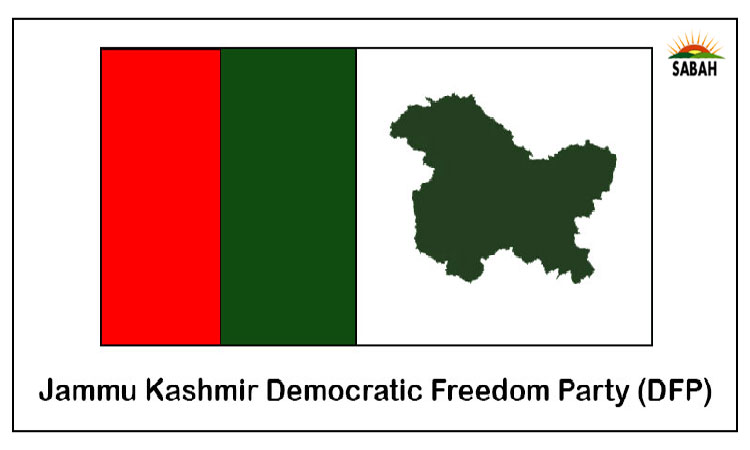Rethinking the Indus Water Treaty… Syed Mohammad Ali
The US-backed Indus Water Treaty (IWT), brokered by the World Bank in 1960, created a mechanism for transborder water sharing between Pakistan and India. The IWT remains the most durable of CBMs between the two rivals, having withstood outright wars and numerous cross-border flareups over more than six decades. However, cross-border water disputes are growing, and the existing arbitration mechanisms to resolve these disputes have produced unsatisfactory outcomes. Now the longstanding treaty is facing an existential threat as India served an official notice on Pakistan seeking to renegotiate the treaty’s terms.
While the World Bank should be credited for managing to broker a water treaty between India and Pakistan, the treaty itself is quite simplistic as it merely bifurcates the rivers flowing from the Indus. India is given control over the three eastern rivers (Ravi, Sutlej and Beas), and the three western rivers (Jhelum, Chenab and Indus) are made available to Pakistan. The existing treaty does allow India to install hydroelectric projects on the western rivers flowing into Pakistan, but these must be run-of-the-river projects that do not alter water flow or enable water storage which could undermine Pakistan’s rights as the downstream riparian nation.
Pakistan currently gets the lion’s share of the Indus waters (almost 80 per cent) via its three eastern rivers, which are the main source of irrigation for the country. Conversely, India also has access to the Ganges-Brahmaputra basin, and its river-system, the waters of which are shared between India, China, Nepal, Bangladesh and Bhutan.
The IWT seemed to work well till the late 1990s but then India announced plans to build the Baglihar Hydropower Project located on the Chenab in Indian-administered Kashmir, and then the Kishanganga hydroelectric plant on the Jhelum. Pakistan has taken India to the Hague-based Permanent Court of Arbitration claiming that the design of both these projects violates India’s obligation to prevent upsetting waters flows from the Indus’s western rivers into Pakistan.
India has, however, rejected the Hague based court’s intercession to arbitrate this dispute. India claims that Pakistan has failed to first exhaust other dispute resolution mechanisms within the IWT such as the Indus Water Commissioners assigned by each side to manage disputes, or the use of a neutral expert appointed by the World Bank, if problems cannot be resolved bilaterally. Yet, Pakistan was dissatisfied by these in-built arbitration efforts, and their failure to prevent construction of the two aforementioned Indian hydro-electric projects.
Frustrated by Pakistani attempts to impede its hydro-development ambitions, India informed Pakistan this past September of its desire to officially renegotiate the terms of the IWT. India has been asserting for a while that it is not getting a large enough share of water from the Indus rivers to meet the water demands of its growing population. While India has not yet clarified what specific changes it wants to be made to the IWT, it is unlikely that Pakistan will be willing to concede a greater share of water to India. India may also demand a freer hand to develop more hydropower and infrastructure projects on the western rivers allocated to Pakistan. If Pakistan resists this latter attempt as well, there is a risk of India unilaterally revoking the longstanding water treaty.
Another major problem which neither side has given much attention to is the threat posed by climate change induced pressures on the Himalayan glaciers. This glacial melt has worsened the threat of flooding, and it will eventually cause significant waterflow reduction in all six rivers which heavily rely on the depleting glaciers for replenishment.
It is vital for the US to use its influence at the World Bank to work with India and Pakistan to improve dispute resolution and communication mechanisms within the existing treaty, and to introduce new processes to help holistically contend with climate impacts on the Indus basin. Utilising international mediation to revise the IWT may set the stage for the two countries to explore more intensive hydro-diplomacy options for jointly conserving and managing the Indus basin, and its rivers.
COURTESY ![]()












